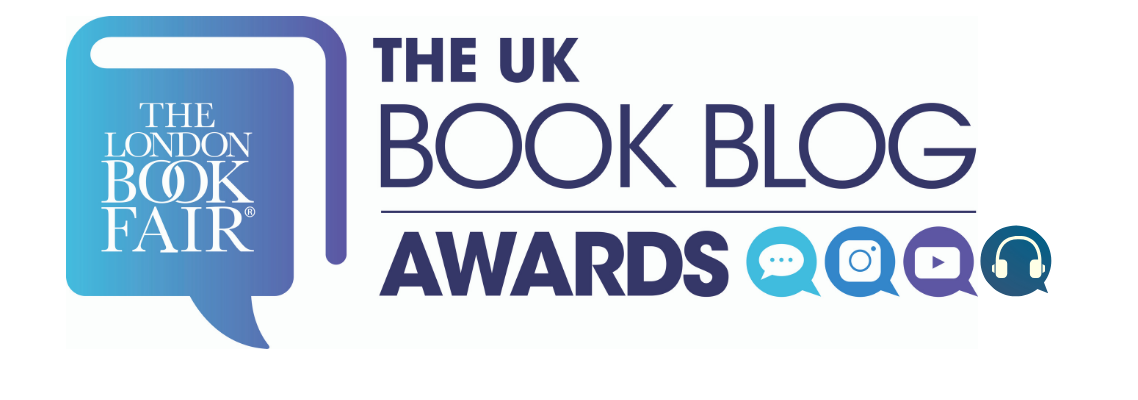It’s that time for industry predictions and it has been interesting to compare the Bookseller and Publishers Weekly’s (PW) surveys of newer voices to see the similarities – and differences. In the US, Daniella Wexler, an adult fiction editor at S&S imprint Atria, noted that “the politics thing has taken over. It’s the reason the nonfiction bestseller list is dominated by mostly partisan political books and some memoirs that speak to why what happened, happened. On the other side, I think it’s affected the fiction list, because it’s really hard to launch amid the noise of all the anxiety and discord around our country’s political dynamic.”
The issue of diversity was mentioned by some of the UK interviewees – notably Lisa Milton at HarperCollins’ imprint HQ – and these concerns were echoed in the US too. Doubleday editor Margo Shickmanter wants to see a more diverse work force which will lead to “diversity of content”. She argues that a predominantly white publishing industry needs to be willing to have “uncomfortable conversations across different levels and departments.” Publishers “should be listening to and following the leadership of such organisations as POC [People of Colour] in Publishing about the problems they see in the industry and how we can remedy them moving forward”.
Given that books about President Trump dominated the bestseller lists seemingly throughout 2018 – and contributed to Simon & Schuster’s best year ever in its 95-year history – a worry for this year is surely what will take their place. What will replace the ‘three Fs’ – Fire and Fury and Fear? Is there room for another killer political title, especially now that Becoming has been and gone (though the paperback is still to come of course)?
Publishing about politics was acknowledged in PW’s annual Person of the Year. This usually goes to a single individual – HarperCollins’ Brian Murray in 2014, Knopf’s Sonny Mehta in 2015, Sourcebooks’ Dominique Raccah in 2016 and Simon & Schuster’s Carolyn Reidy in 2017). But this year, the magazine decided to honour the publishers of the bestselling Trump-related books ‘to reflect the importance of the role that the Trump administration played in spurring the publication – and sales – of dozens and dozens of books. This decision also highlights the important role books play in furthering the debate about our current political climate’.
Perhaps mindful of accusations of bias, the magazine was careful to choose publishers of three titles critical of Trump (Steve Rubin at Henry Holt, publisher of Fire and Fury by Michael Wolff; Jonathan Karp at Simon & Schuster, publisher of Fear by Bob Woodward; Bob Miller & Amy Einhorn at Flatiron Books, publisher of Higher Loyalty: Truth, Lies and Leadership; by James Comey) and two that were supportive (Eric Nelson at Broadside Books, publisher of The Russia Hoax: The Illicit Scheme to Clear Hilary Clinton and Frame Donald Trump by Gregg Jarrett; and Rolf Zettersten at Center Street, publisher of Liars, Leakers and Liberals: The Case Against the Anti-Trump Conspiracy by Jeanine Pirro).
The year has started with much optimism about independent bookshops, both here and in the US. In the UK, the Booksellers Association reported a 1.7% rise in its independent bookshop membership – up from 868 in 2017 to 883 – and in the US the American Booksellers Association notes that there are now more than 2,400 ABA-member independent bookshops, up from 2,227 in 2015. The view in the US is that the impact of Amazon and digital has been weathered – though conditions still remain challenging for independents – and that it was the chains which bore the brunt. The collapse of Borders and the closure of Barnes & Noble stores created opportunities for indies over the last decade.
Bookshops – especially independents – seem to be written about more than ever before, perhaps because they key in to notions of localism and authenticity: buying a book from a local indie is akin to buying organic veg from a farmer’s market. Once again, US sociologist Ray Oldenburg’s theory of ‘the third place’, one that isn’t home or work but where people can connect with community, is being cited. The theory is acknowledged in the name of Seattle indie Third Place Books, while in the UK, Sarah Brook who recently opened Brook’s in Pinner, north west London – an independent with a licensed bar – said: “The local community loves having a bookshop – it’s an inclusive environment and lots of people come and have a drink on their own and browse the books. Indies are important because they choose their own stock, which can adapt to the local community.”
Finally, a welcome to the latest category in The London Book Fair’s Book Blog Awards – the Book Podcast of the Year. It joins Book Blogger of the Year, Bookstagrammer of the Year and BookTuber of the Year, with all the categories being judged by a panel that includes Waterstones Gower Street events manager Rosie Beaumont-Thomas, Andersen Press PR and brand director Paul Black, and The Kindness Method (Bluebird) author Shahroo Izadi.

Roger Tagholm writes our Snapshot of the Week.

